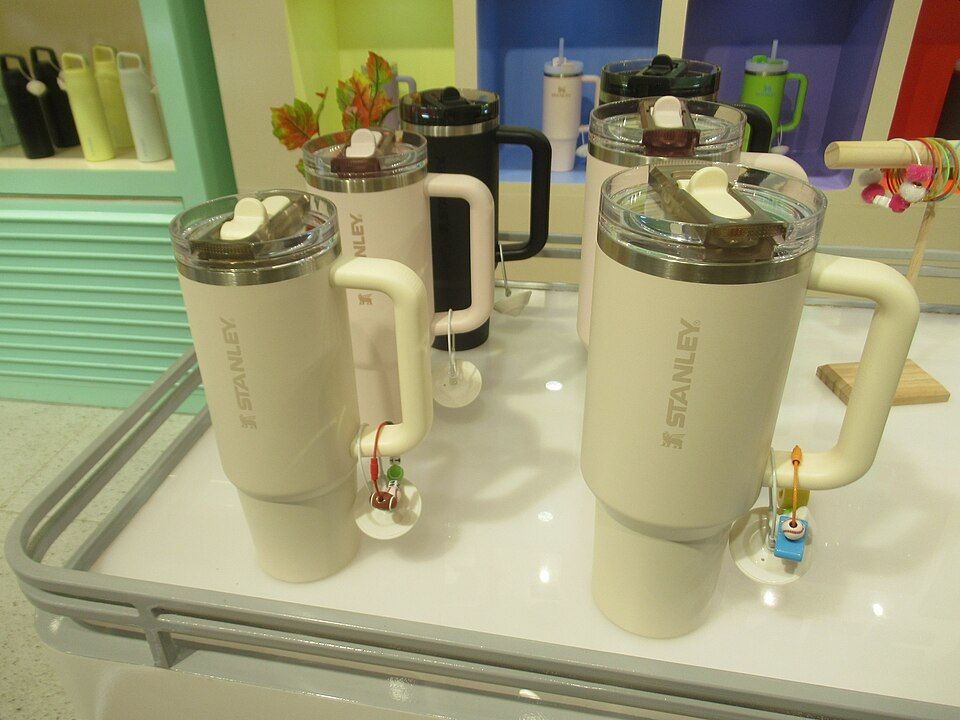- in United States
- in United States
- with readers working within the Banking & Credit and Business & Consumer Services industries
- within International Law, Law Department Performance and Consumer Protection topic(s)
Background
There are two very popular and well-known companies that use the trade mark STANLEY. The first is Stanley Black & Decker ("SBD"), which produces STANLEY tools, and the other is Pacific Market International ("PMI"), which makes the viral and ever-popular beverage containers.

SBD was founded in 1843 and has made use of the STANLEY trademark since then.
The first use of the STANLEY trade mark for a steel insulated vacuum bottle was in 1913.
You might be surprised to find out that these two companies have a decades-long coexistence agreement restricting PMI's use of the STANLEY trade mark "insulated containers adapted to keep their contents hot or cold."
This original agreement was entered into in 1966 (between SBD and PMI's predecessor in title – Aladdin Industries). However, in 2012, SBD claimed that due to PMI's repeated non-compliance with the 1996 agreement, a new agreement was signed that, among other things, prohibited PMI from using STANLEY as its company name. This restricted PMI's use of STANLEY to specific categories of goods, placed strict requirements on PMI's website domain name and dictated how PMI's advertising and goods had to be displayed and/or marked.
Claims
SBD alleges that PMI had breached the 2012 Agreement by using STANLEY broadly, including as a company name, by expanding product categories, and ignoring contractual restrictions on advertising and website domain names. PMI's actions thus led to consumer confusion, associating PMI's products with SBDs, and causing reputational harm to SBD, especially following negative press related to product recalls and safety concerns.
SBD is therefore seeking monetary damages and equitable relief, including an injunction to stop PMI's misuse of the STANLEY trademark and compensation for PMI's "ill-got gains."
PMI has not yet responded publicly to the lawsuit.
Key lesson
This case highlights the importance of carefully considered and well-drafted co-existence agreements. Initially, it may have seemed overly cautious for a well-known tool manufacturer to be concerned about a company that makes vacuum flasks. But here we are in 2025, and the parties are embroiled in litigation. It is arguable whether SBD would be successful on a trade mark infringement claim alone, and it appears that SBD's best chance for success is to be found in the breach of contract claim.
Only time will tell.
The content of this article is intended to provide a general guide to the subject matter. Specialist advice should be sought about your specific circumstances.


